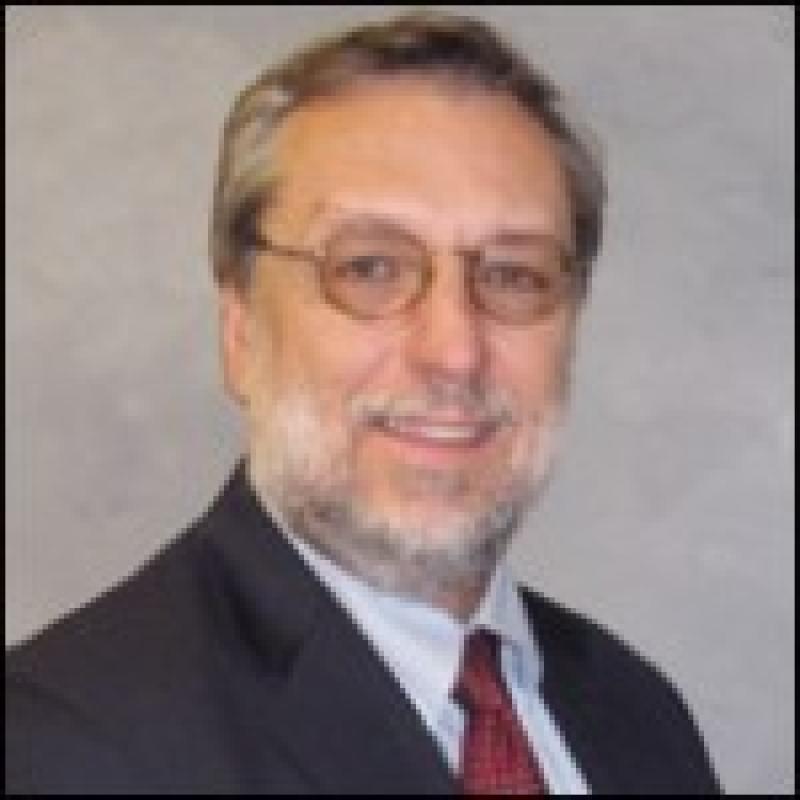The goal of research in this focus area is to conduct basic research on mechanisms of how cancer develops and progresses and to identify new molecular targets for cancer prevention and treatment. In addition, researchers are also involved in developing novel agents and drug delivery systems for cancer prevention and treatment. Finally, there is an emphasis on training the next generation of cancer researchers.
Group Leader

John DiGiovanni, Ph.D.
Professor of Pharmacology & Toxicology
Coulter R. Sublett Chair
Director CMCT
Dr. Giovanni focuses on understanding how cancer develops and on the identification of novel targets, mechanisms and strategies for cancer prevention.
Faculty Participants: College of Pharmacy
Cui, Zhengrong, Ph.D.
Research focuses on rational drug and vaccine delivery including nanoparticles for vaccine and anti-cancer drug delivery, non-invasive immunization onto the skin, and cancer chemo-immunotherapy.
Lee, Seongmin, Ph.D.
Research is aimed to evaluate damage, repair, and enzymatic modifications of DNA and RNA with the goal of discovering potent chemotherapeutics that selectively inhibit DNA-modifying enzymes.
Richburg, John H., Ph.D.
Characterizes the molecular and cellular mechanisms that account for the ability of chemotherapeutic agents, such as cisplatin, to result in male infertility.
Vasquez, Karen, Ph.D.
Research efforts are focused in the areas of genome instability, DNA damage and mechanisms of repair. A unique feature of this lab’s approach is an emphasis on the role of DNA structure in human disease and the development of novel therapeutic strategies for treating cancer.
Van Den Berg, Carla, Pharm.D.
Research focuses on the role of growth factor-mediated treatment resistance in breast cancer.
Wang, Guliang, M.D., Ph.D.
Research is focused on understanding the effects of DNA modification and secondary structure on DNA damage/repair and genomic instability, and the cellular response to DNA damaging agents.
Wright, Casey W., Ph.D.
Studies the contribution of inflammatory signaling to the development and progression of autoimmune diseases, including hematological malignancies.
Associated Center
Faculty Participants: College of Natural Sciences, Department of Nutritional Sciences
Tiziani, Stephano., Ph.D.
The Tiziani Lab is interested in understanding how drug-induced modulation of tumor metabolism and nutrient microenvironment affect treatment outcome.

